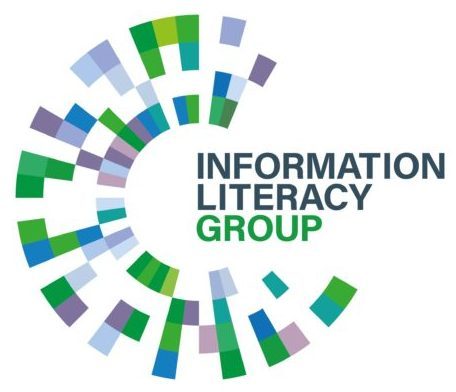For UNESCO’s Global Media and Information Literacy Week, the Information Literacy Group held an online roundtable about Misinformation and Critical Literacies.
The first speaker was Dr Inês Amaral, an Associate Professor in the Communication Section of the Department of Philosophy, Communication and Information at the University of Coimbra in Portugal. Dr Amaral put forward the idea that algorithms are the new gatekeepers to information. However, unlike previous gatekeepers, algorithms are not bound by professional standards or principles. Instead, they determine who or what is important, thereby holding the power that defines the agenda. They lead to echo chambers and filter bubbles which limit exposure to varied points of view. As we have witnessed in recent times, this can have an adverse effect as democracy depends on a well-informed public.
A book Dr Amaral referenced during her talk was Weapons of Math Destruction: How Big Data Increases Inequality and Threatens Democracy by Cathy O’Neill. If you don’t have access to this book, the same author also wrote an article on this subject for the Guardian. This reminded me of some of the points raised by academic and presenter Hannah Fry in her book Hello World: How to be human in the age of the machine, which was selected as this year’s Big Read title at my institution. It’s great that our students have been given the opportunity to explore these issues.
The next speaker was Dr Belinha De Abreu, a Global Media Literacy Educator. She described a worrying phenomenon in the United States known as the “national news desert”, where many news outlets are closing. People are getting their news online, from non-credible sources. Historical truth has been lost. She spoke about the EUDisinfoLab, which aims to identify where disinformation is coming from. She also covered the problem of having opinion makers rather than experts on the news, which makes it harder for people to discern facts from viewpoints. In response to this, fact-checking websites have been established. However, Belinha argued that these sites have serious limitations and can potentially lead to further discredibility. She also asked if censorship and cancel culture were two sides of the same coin, which sparked an interesting debate during the roundtable.
This was a very interesting event with a lively roundtable following the talks. As is often the case, there was a lot to cover in the time available, especially as many other important issues came to the surface.
Contribution by Emma Burnett. She is an Information Consultant at Royal Holloway, University of London. She is also a member of the Information Literacy Group’s communications team.

